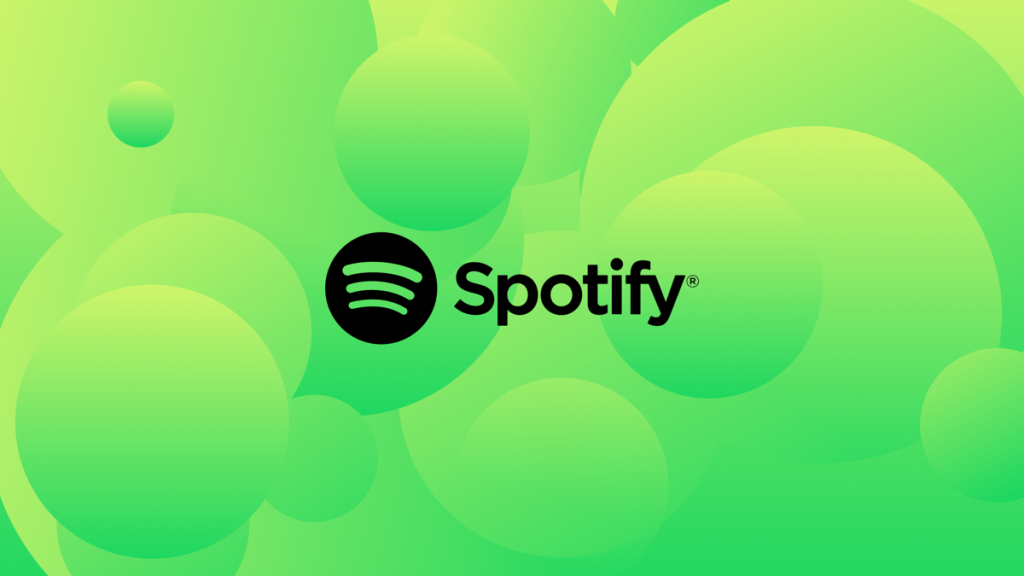Grammy Songwriters Are Boycotting Spotify’s Grammy Songwriter Party


Photo Credit: Spotify
Songwriters Jessi Alexander, Amy Allen, Jessie Jo Dillon, and RAYE will not be attending Spotify’s Songwriter of the Year Grammy party on January 28.
Songwriters are protesting Spotify’s treatment of their ilk, and will not be attending the streaming service’s Songwriter of the Year Grammy party. Jessi Alexander, Amy Allen, Jessie Jo Dillon, and RAYE have all indicated they will neither attend nor perform at the January 28 event, with Allen and Dillon citing Spotify’s treatment of songwriters as the reason.
That means four out of five nominees in the Songwriter of the Year category at this year’s Grammys will not be in attendance. A representative for the fifth, Edgar Barrera, has not yet responded to media requests for comment.
Reps for Allen, who wrote Sabrina Carpenter’s hit “Espresso,” and Dillon, who penned Morgan Wallen’s “Lies Lies Lies,” confirmed to Billboard they decided not to attend the event due to Spotify cutting royalty rates on premium streams for songwriters and publishers last year. The cuts will lead to an estimated $150 million decrease in royalties over 12 months for songwriters and publishers as a result.
“After some thought, I couldn’t in good conscience support this initiative given their approach to bundling royalties,” said Dillon. “It is very nice to be individually honored, but it is better for me and my entire songwriter community to be paid fairly for our art. There are no songs without songwriters.”
Spotify began its Songwriter of the Year Grammy event to celebrate the nominees for the award, which was established by the Recording Academy in 2023. Other songwriters have taken to social media to express their disappointment in Spotify’s upcoming event.
“If you are a songwriter, you cannot go to this,” said songwriter Ross Golan in an Instagram story. “Do not let Spotify f*ck you on bundling and then give you free booze.”
2023 Grammy Songwriter of the Year nominee Laura Veltz said in her own Instagram Story, “Spotify is robbing you. Songwriters: do not fall for this horse shit.”
Spotify’s changes to its royalty rates back in April stem from the platform’s belief it qualifies for lower mechanical rates because of the addition of audiobooks to its premium subscription tiers, which it has reclassified as “bundles.” With multiple services lumped together for one price, the royalty originally intended for songwriters and publishers is less now that Spotify classifies all of its Premium subscriptions as a bundled product.
Link to the source article – https://www.digitalmusicnews.com/2025/01/10/grammy-songwriters-boycott-spotify-grammy-party/
Recommended for you
-
LUTER 10Pcs Drum Dampener Gels, Soft Clear Oval and Long Drum Silencers Sound Dampening Pads Tone Control for Drum Head Cymbal
$7,69 Buy From Amazon -
IK Multimedia iRig HD X Guitar Audio Interface – 96 kHz Music Recording, 24-bit, For iPhone, iPad, Mac, iOS, And PC With Lightning Cable, USB-C, Guitar Accessories, Recording Studio Equipment
$129,99 Buy From Amazon -
Chords CheatSheets (Guitar)- Guitar Chord Poster Beginner, Laminated Guitar Chord Chart, Circle of Fifths Chart, Guitar Chords Chart for Music Theory, Guitar Cheatsheets Bundle A4 (8.5×11)
$10,95 Buy From Amazon -
Novation Circuit Rhythm: Sampler and groovebox with eight sample tracks for making and performing beats
$349,99 Buy From Amazon -
Shure MVX2U XLR-to-USB Digital Interface with Headphone Jack, Integrated Pre-amp with 60dB Gain Control, Zero-Latency Monitoring, 48V Phantom Power, ShurePlus Desktop App, 1m USB-C Cable
$129,00 Buy From Amazon -
4 Pcs Miniature Guitar Miniature Bass Model 1:12 Mini Musical Instrument for Mini Music Room Home Decoration
$15,99 Buy From Amazon -
Arturia – MicroFreak Synthesizer Keyboard – 25-Key Hybrid Synth with PCB Keyboard, Wavetable & Digital Oscillators, Analog Filters
$349,00 Buy From Amazon -
Kmise, 5-String, Banjo Full Size Banjos Set with Resonator, Remo Head, with 2 Tuning Wrench (Gig Bag for New Beginner Professional)
$149,99 Buy From Amazon













Responses